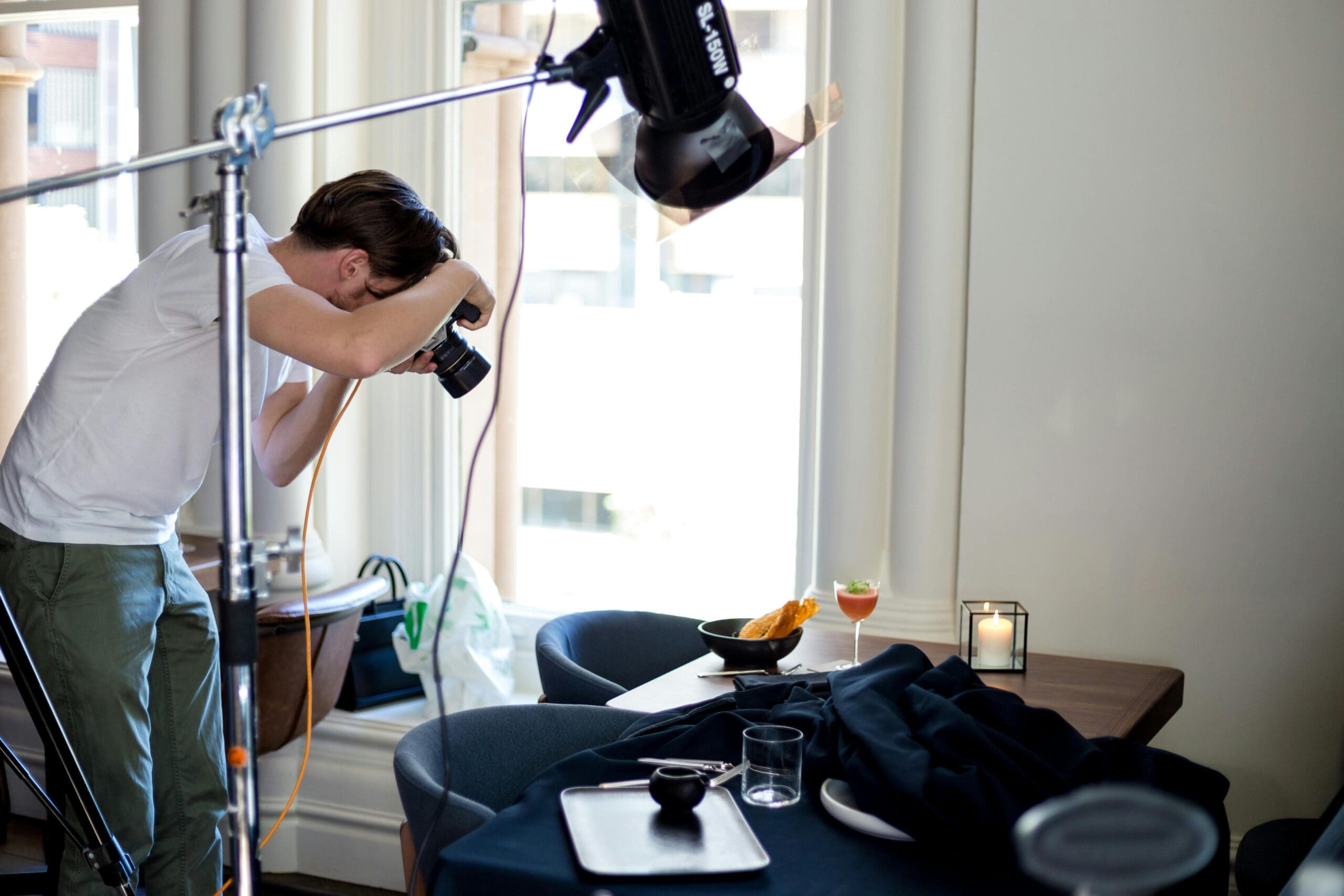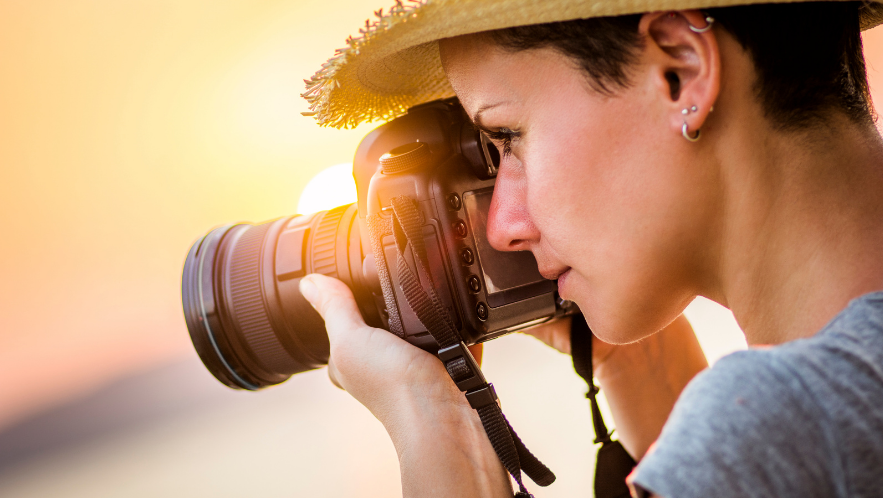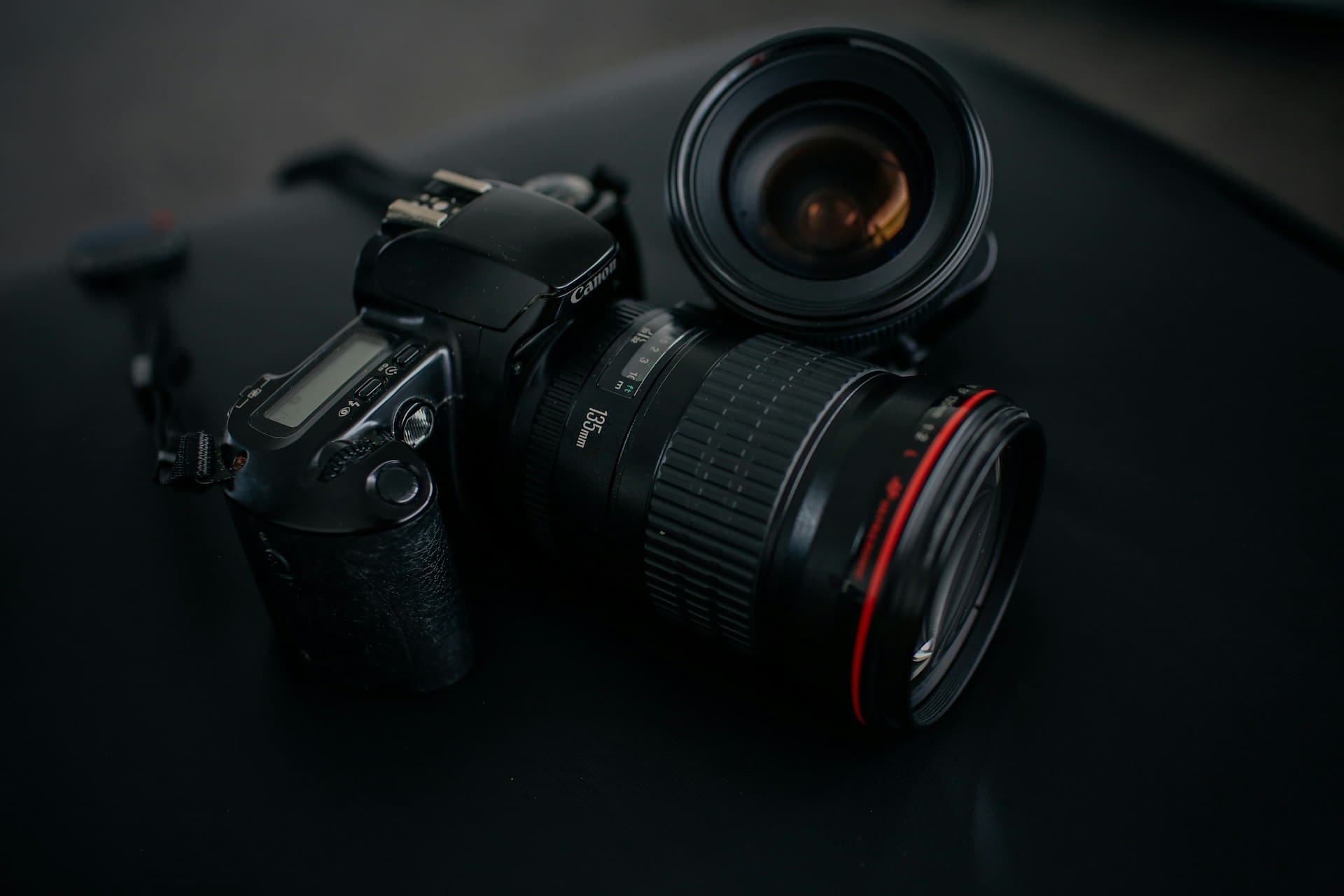The difference between charging $200 and $2,000 for a photoshoot isn’t just about better equipment or more experience. It’s about understanding the subtle distinctions that separate hobbyists from professionals. This comprehensive guide reveals exactly what a professional photography course should teach you to make that leap.

Technical Mastery Beyond the Basics
Consistent Results in Any Condition
Professionals deliver excellence regardless of circumstances:
Challenging Light Solutions:
- Mixed lighting color correction
- Extreme contrast management
- Low light without quality loss
- Harsh midday sun techniques
- Flash in bright sunlight
Advanced Camera Control:
- Custom function programming
- Back button focus mastery
- Exposure compensation intuition
- White balance precision
- Focus stacking techniques
Our advanced photography training covers these professional techniques in depth.
File Management and Workflow
Professional Workflow:
- RAW+JPEG strategic shooting
- Dual card backup systems
- Folder structure organization
- Metadata and keyword systems
- Color management profiles
Editing Efficiency:
- Preset development
- Batch processing
- Culling techniques
- Delivery optimization
- Archive strategies

Business Acumen and Professionalism
Client Communication Excellence
Every commercial photography course emphasizes:
Pre-Shoot Communication:
- Detailed consultation process
- Mood board creation
- Shot list development
- Timeline establishment
- Expectation management
During the Shoot:
- Direction and posing guidance
- Energy and confidence
- Problem-solving abilities
- Time management
- Team coordination
Post-Shoot Process:
- Delivery timelines
- Revision policies
- Upselling techniques
- Referral requests
- Relationship maintenance

Pricing Like a Professional
Value-Based Pricing:
- Cost of doing business calculations
- Market positioning strategy
- Package creation psychology
- Licensing and usage rights
- International pricing standards
Professional Rates in Canada:
- Editorial: $500-$1,500/day
- Commercial: $1,500-$5,000/day
- Wedding: $3,000-$8,000/event
- Corporate: $300-$800/hour
- Product: $100-$500/image
Specialized Skills and Techniques
Genre-Specific Expertise
Professional photography certification requires mastery in:
Commercial Photography:
- Product styling
- Composite creation
- Brand guideline adherence
- Art direction interpretation
- Retouching standards
Portrait Specialization:
- Psychology of subjects
- Posing for body types
- Expression coaching
- Environmental portraits
- Group dynamics
Event Photography:
- Anticipation skills
- Crowd management
- Multiple location logistics
- Timeline coordination
- Backup planning

Advanced Technical Skills
Lighting Mastery:
- Multiple light setups
- Color gel usage
- Mixed ambient/flash
- High-speed sync
- Light painting techniques
Post-Processing Excellence:
- Frequency separation
- Color grading
- Composite work
- Advanced masking
- Print preparation

Professional Equipment and Investment
The Pro’s Kit
Essential gear for master photography course graduates:
Camera Bodies:
- Two professional bodies minimum
- Full-frame or medium format
- Weather-sealed construction
- Dual card slots
- High ISO performance
Lens Arsenal:
- 24-70mm f/2.8 (workhorse)
- 70-200mm f/2.8 (versatility)
- 35mm or 50mm f/1.4 (low light)
- Macro lens (detail work)
- Wide angle (architecture/landscape)
Support Equipment:
- Professional tripod
- Light stands and modifiers
- Calibrated monitor
- Backup drives (3-2-1 rule)
- Professional bags/cases
Investment: $15,000-$30,000 for complete professional setup

Building Professional Credibility
Portfolio Development
Quality Over Quantity:
- 20 exceptional images > 100 average ones
- Consistent style throughout
- Technical excellence visible
- Emotional impact present
- Commercial viability demonstrated
Presentation Platforms:
- Professional website
- Physical portfolio book
- Social media curation
- Exhibition participation
- Award submissions
Professional Development
Continuous Learning:
- Workshop attendance
- Online photography course completion
- Mentor relationships
- Industry conferences
- Technique experimentation
Industry Recognition:
- PPCO membership
- Awards and competitions
- Published work
- Speaking engagements
- Teaching opportunities

Legal and Ethical Standards
Professional Obligations
Legal Requirements:
- Comprehensive contracts
- Model releases
- Property releases
- Copyright understanding
- Insurance coverage
Ethical Standards:
- Image manipulation disclosure
- Client privacy respect
- Accurate representation
- Cultural sensitivity
- Environmental responsibility

Marketing Like a Professional
Brand Development
Professional Identity:
- Unique value proposition
- Consistent visual identity
- Professional communication
- Expert positioning
- Thought leadership
Marketing Channels:
- SEO-optimized website
- Email marketing campaigns
- Social media strategy
- Networking events
- Referral programs
The Professional Mindset
Attributes of Success
Professional Characteristics:
- Reliability and punctuality
- Problem-solving ability
- Continuous improvement
- Client-focused approach
- Business mindset
Handling Challenges:
- Equipment failure preparation
- Difficult client management
- Creative block solutions
- Competitive market navigation
- Work-life balance

Revenue Streams for Professionals
Diversified Income
Successful photographers don’t rely on one source:
Primary Services:
- Client photoshoots
- Commercial projects
- Event coverage
- Portrait sessions
Secondary Income:
- Print sales
- Stock photography
- Workshop teaching
- Equipment rental
- Consulting services
Transitioning from Amateur to Professional
The Journey Roadmap
Phase 1 (Months 1-6):
- Technical skill mastery
- Portfolio building
- Business setup
- Initial client work
Phase 2 (Months 7-12):
- Consistent bookings
- Price increases
- Specialization focus
- System development
Phase 3 (Year 2+):
- Premium positioning
- Selective client acceptance
- Multiple revenue streams
- Industry recognition
Your Professional Photography Journey
The gap between amateur and professional isn’t insurmountable. With proper training, dedication, and business acumen, you can join Canada’s thriving community of professional photographers. Our professional photography course provides the technical skills, business knowledge, and industry insights needed for this transformation.
Stop wondering if you’re good enough. Start building the career you deserve.
Find your Professional Photography Course here 📸





